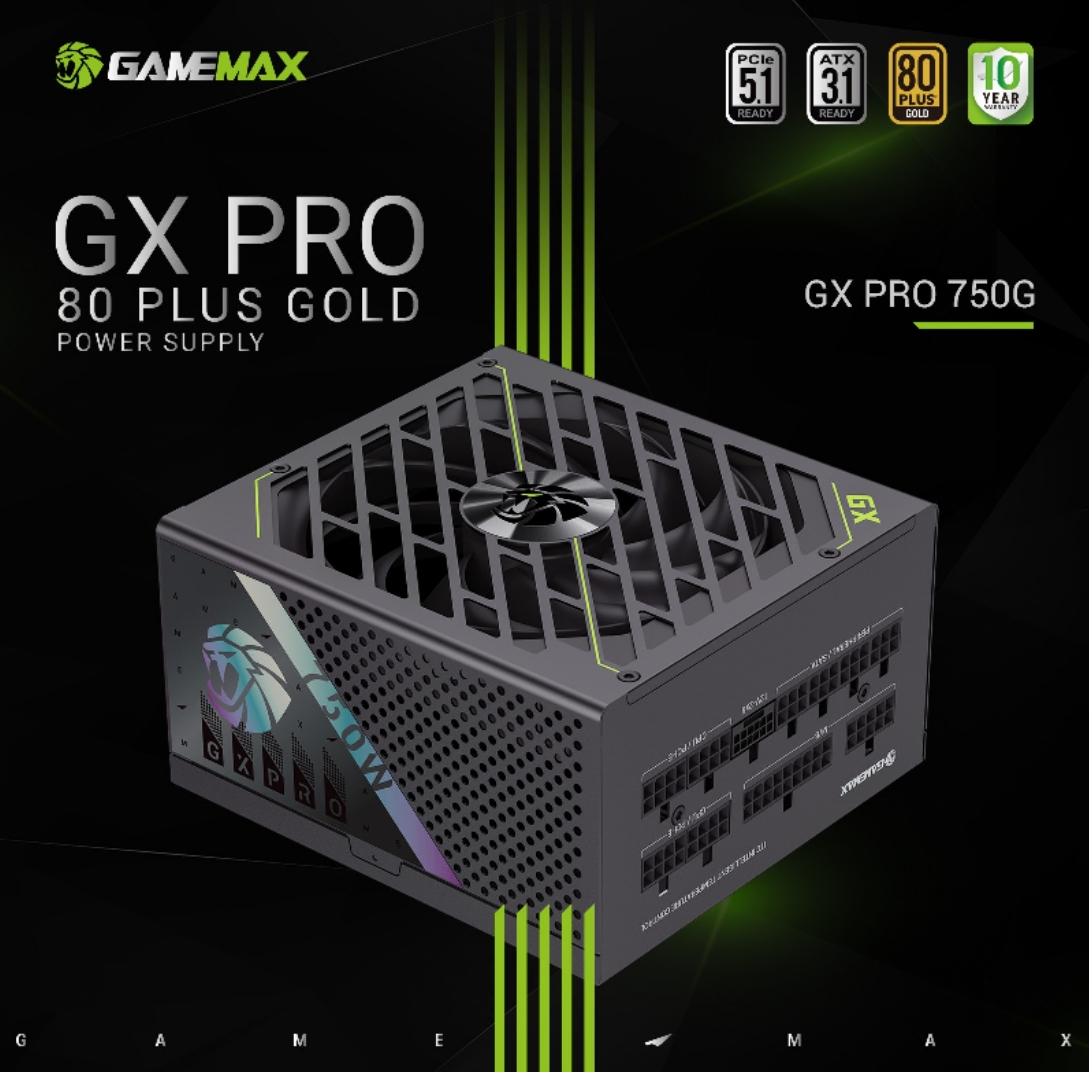As the "heart" of your PC, the power supply (PSU) is crucial for delivering stable energy to all components—from the CPU and GPU to storage drives. A well-maintained PSU not only ensures system reliability but also protects expensive hardware from damage. Here’s a comprehensive guide to maximizing your power supply’s lifespan through smart usage, proper maintenance, and optimal environmental management.

Every PSU has a rated wattage (e.g., 500W, 750W), indicating its safe continuous output capacity. Overloading occurs when the total power demand of your components—CPU, GPU, motherboard, peripherals—exceeds this rating, forcing the PSU to work under stress. This leads to overheating, component wear, and reduced efficiency.
Calculate Accurate Power Requirements: Use tools like Cooler Master’s Power Supply Calculator or manufacturer specs to estimate your system’s total wattage. Choose a PSU with a rated wattage 20–30% higher than your peak load (e.g., a 600W PSU for a 450W system) to leave headroom for upgrades.
Avoid Unnecessary Peripherals: Disconnect high-power USB devices (e.g., external hard drives, RGB lighting hubs) when not in use to reduce constant load.
Upgrade Wisely: When adding hardware (e.g., a new GPU), always check if your current PSU can handle the increased demand. Underpowered PSUs are a leading cause of sudden failures.
High temperatures are the biggest enemy of PSUs. Internal components like capacitors, MOSFETs, and transformers degrade rapidly when exposed to sustained heat (over 70°C/158°F). Poor ventilation can also cause the fan to work overtime, leading to bearing wear and noise.
Optimize Case Airflow: Ensure your PC case has adequate intake/exhaust fans. Position the PSU’s fan facing the case’s rear or bottom (as per design) to draw in cool air and expel hot air directly outside the case.
Clean Regularly: Dust accumulation on the PSU’s fan and vents blocks airflow. Use a can of compressed air (held 15–20 cm away) to blow out dust every 3–6 months. For stubborn debris, gently remove the PSU from the case (unplug first!) and clean with a soft brush.
Avoid Enclosed Spaces: Never place your PC in tight, poorly ventilated areas (e.g., inside a closed cabinet). Ensure at least 10cm of clearance around the case for airflow.
Humidity: Moisture causes corrosion on circuit boards and connectors. In humid environments, use desiccant packs near the PC or invest in a dehumidifier. Avoid placing the PC near water sources (e.g., aquariums, sinks).
Dust: Fine particles can short-circuit components over time. Install dust filters on case intake fans and clean them weekly. In extremely dusty environments (e.g., workshops), consider a sealed case with positive pressure airflow.
Power Surges: Sudden voltage spikes (from lightning or unstable grids) damage PSU circuitry. Always use a surge protector or uninterruptible power supply (UPS) with overload protection. Avoid cheap, uncertified power strips.
Fan Inspection & Replacement: If the PSU fan makes grinding noises or spins unevenly, replace it with a compatible model (match voltage and size). Lubricating bearings with silicone oil can extend fan life temporarily.
Internal Cleaning (Cautious Approach): For PSUs older than 2 years, carefully open the casing (after disconnecting and discharging for 24 hours—risk of electric shock! Use anti-static precautions). Gently brush off dust from the PCB and components.
Voltage Monitoring: Use software like HWMonitor or AIDA64 to check output voltages. Stable 12V, 5V, and 3.3V rails (within ±5% of their rated values) indicate a healthy PSU. Sudden fluctuations signal impending issues.
Avoid Frequent Power Cycles: Constantly turning the PSU on/off via the wall switch creates inrush currents that stress capacitors. Use the PC’s soft power button instead, and only disconnect from the outlet during long absences.
Replace Cables Carefully: Always grip the connector, not the cable, when plugging/unplugging to prevent wire damage. Use original PSU cables—aftermarket ones may have improper gauges or insulation.
Prioritize 80 PLUS Certifications: Higher certifications (Gold, Platinum, Titanium) mean better efficiency (less heat generation) and stricter quality control.
Stick to Reputable Brands: Trusted names like Seasonic, Corsair, EVGA, and Super Flower use premium components (Japanese capacitors, robust heat sinks) that outlast budget models.
Warranty Matters: Look for PSUs with 5–10-year warranties; longer coverage often reflects manufacturer confidence in durability.
Extending your computer power supply’s lifespan requires a mix of proactive maintenance, smart usage, and initial quality investment. By avoiding overloads, controlling temperature, and protecting against environmental threats, you’ll ensure your PSU provides stable power for years—saving you from costly replacements and hardware failures. Remember: a well-cared-for PSU is the foundation of a reliable and long-lasting PC.